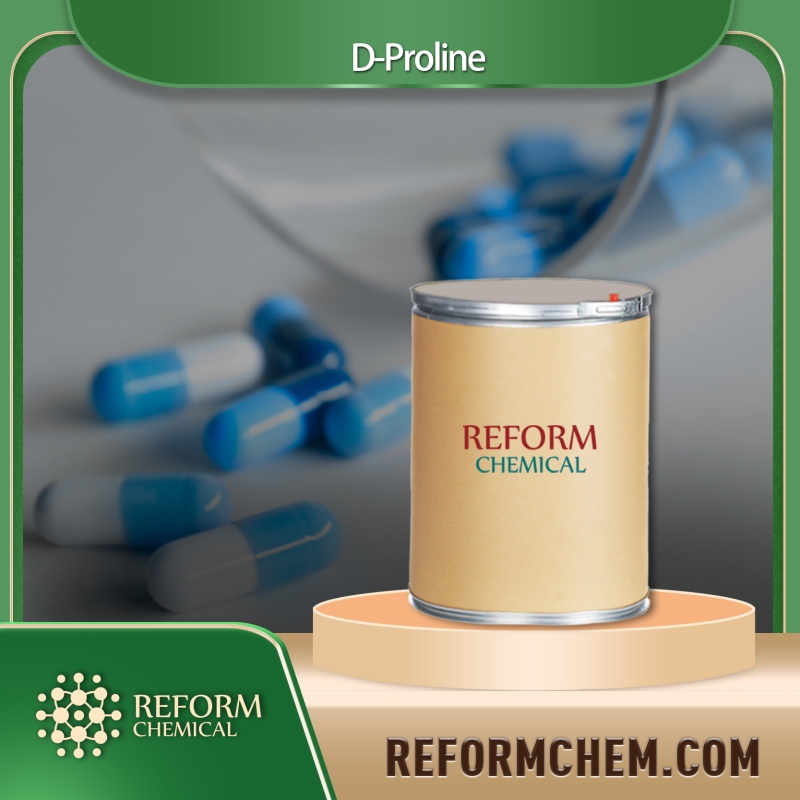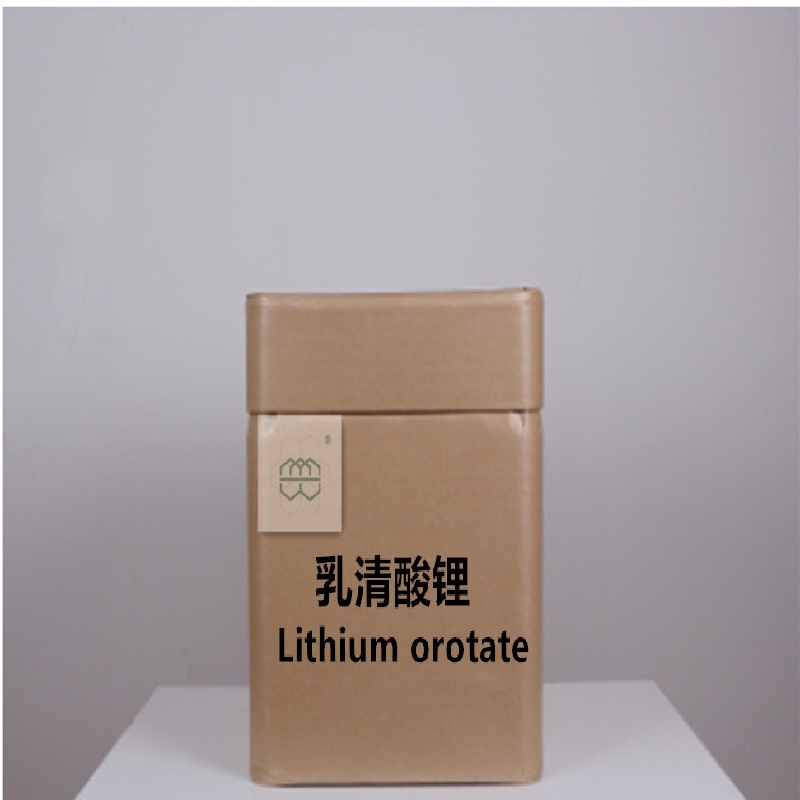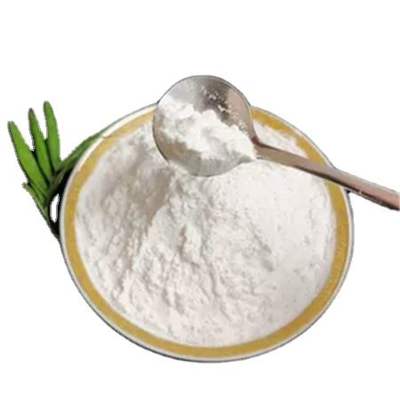-
Categories
-
Pharmaceutical Intermediates
-
Active Pharmaceutical Ingredients
-
Food Additives
- Industrial Coatings
- Agrochemicals
- Dyes and Pigments
- Surfactant
- Flavors and Fragrances
- Chemical Reagents
- Catalyst and Auxiliary
- Natural Products
- Inorganic Chemistry
-
Organic Chemistry
-
Biochemical Engineering
- Analytical Chemistry
-
Cosmetic Ingredient
- Water Treatment Chemical
-
Pharmaceutical Intermediates
Promotion
ECHEMI Mall
Wholesale
Weekly Price
Exhibition
News
-
Trade Service
China Biofermentation Industry Association recently issued a notice
on the public solicitation of opinions on the "Postbiotic" group standard.
The draft standard opinion points out that at present, there are no other relevant national standards or group standards used in the production and operation of postbiotics in China, resulting in a lack of a clear regulatory framework
.
On the one hand, the ambiguity of supervision will hinder the innovation of the postbiotic industry, and on the other hand, it will also lead to a mixed market, so it is urgent to gradually improve and formulate the standards and regulations related to
postbiotics.
In this regard, industry insiders believe that the introduction of group standards will help promote the standardization and standardization of postbiotic products, lay the foundation for the formulation of industry standards and national standards in the future, and will promote the continuous development
of the industry.
In recent years, postbiotics as an emerging concept have aroused widespread attention and discussion in the industry, and postbiotics and probiotics have an important role in human health, but the two are very different
.
After in-depth research on probiotics, researchers have found that not only live bacteria can play beneficial functions, but also some non-viable bacterial components have shown obvious health-promoting effects, such as inactivated bacterial cells, components released by dissolution after death and bacterial metabolites
.
Among them, bacterial components include lipoteichoic acid, cell surface proteins, peptidoglycan, fimbriae, flagella, etc.
, and metabolites include enzymes, peptides, short-chain fatty acids, polysaccharides (such as exopolysaccharides), etc.
, these inactivated bacteria and metabolites with health effects are called "postbiotics"
.
In May 2021, the International Scientific Association for Probiotics and Prebiotics published a consensus statement on postbiotics: postbiotics are formulations of inanimate microorganisms and/or their constituents that are beneficial to host health
.
In this regard, the China Biological Fermentation Industry Association emphasized in the draft standard opinion that metabiotics refer to inactivated microorganisms and/or bacterial components with a clear genetic background beneficial to host health, including or excluding products of their metabolites, except for chemically synthesized components and viruses/bacteriophages and their products
.
Lactic acid bacteria postbiotics refer to a type of postbiotic in which the raw and auxiliary materials that pass the test are batched, mixed, sterilized and cooled, inoculated with one or several lactic acid bacteria probiotics for fermentation, and the fermented liquid or solid is inactivated, and the bacterial cells are broken or not broken, solid-liquid separation or non-separation, added or not added carriers, and then dried or not dried treatment
.
At the same time, the strains used should comply with the provisions of the "List of Bacteria Available for Food" and the announcement issued by the state, that is: the strain number and isolation source should be clarified; Identification and safety evaluation at the strain level should be carried out by a qualified institution using nationally prescribed or nationally and internationally recognized evaluation methods; Should be whole genome sequenced and supported
by relevant scientific literature or reports.
In fact, the reporter found that not only domestically, but also in the world, there is still a relatively mature and clear standard or regulation for postbiotics, and no regulatory agency has proposed a definition of foods or food supplements containing metabiotics, but there are some relevant product management requirements
in relevant regulations in various countries.
For example, in the European Union, the European Food Safety Authority provides for the assessment of the safety of food strains through a safety qualification procedure, which can be applied to the assessment of prepared postbiotic microorganisms
.
If the use of microorganisms not included in the safety qualification list to produce food, it is necessary to apply for new resource food approval
in accordance with the relevant requirements of the EU New Resource Food Regulation (EU) 2015/2283.
In the United States, the US Food and Drug Administration manages food cultures and food additives through GRAS, and adopts the "enterprise self-recognition, FDA filing system" to evaluate the safety of substances and form a GRAS list
.
At present, FDA's application of inactivated strains in food can be filed with products in the form of GRAS
declarations.
There are three regulatory channels available for Japan to apply for health claims for foods, namely Food for Specific Health Use (FOSHU), Food with Nutritional Function Statement (FNFC), and Food with Functional Claim (FFC).
At present, no related products containing inactivated microorganisms have been approved for FOSHU.
FFC does not need to be approved, but it needs to submit necessary materials such as safety, efficacy evaluation and scientific basis, production and quality management methods to the Consumer Agency 60 days before the market, and the government does not provide a license label
.
In Canada, some inactivated microbial products can be applied to Health Canada as natural health foods, and Health will review the ingredients and health effects
of the products.
Data show that in 2019, the attention of global netizens to postbiotics on social media increased by nearly 1 times compared with the previous year; From 2019 to 2021, the number of related searches for postbiotics increased by more than ten times
in two years.
It is expected that by 2023, China's probiotic product market sales are expected to reach more than 140 billion yuan, of which probiotic products in the food industry will create greater economic value, and postbiotics because of its high safety, easy to control, high stability and other advantages, will replace live probiotics in dairy products (ice cream, cheese and fermented milk and yogurt) and non-dairy (plant-based fermentation) products, grains, soybeans and juices and other foods, to meet consumer demand for health, has broad development prospects
。 The introduction of the group standard will allow producers to follow to a certain extent and help the industry develop more standardized
.
China Food News (December 19, 2022, version 06).
(Responsible editor: Yang Xiaojing).







